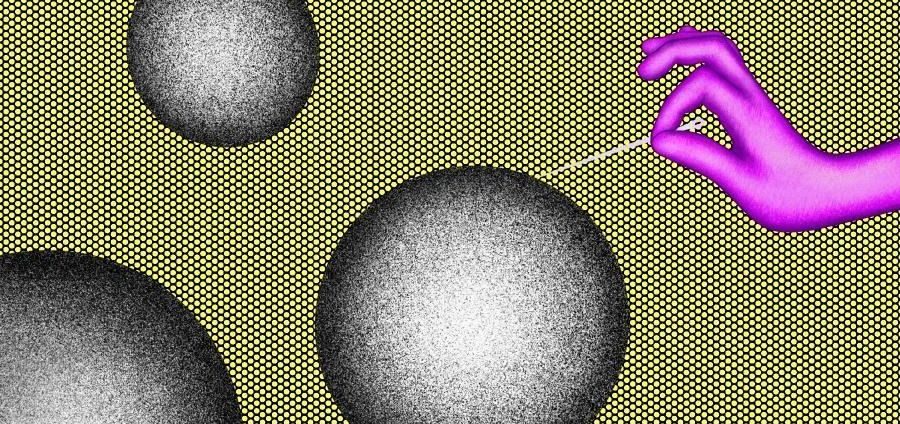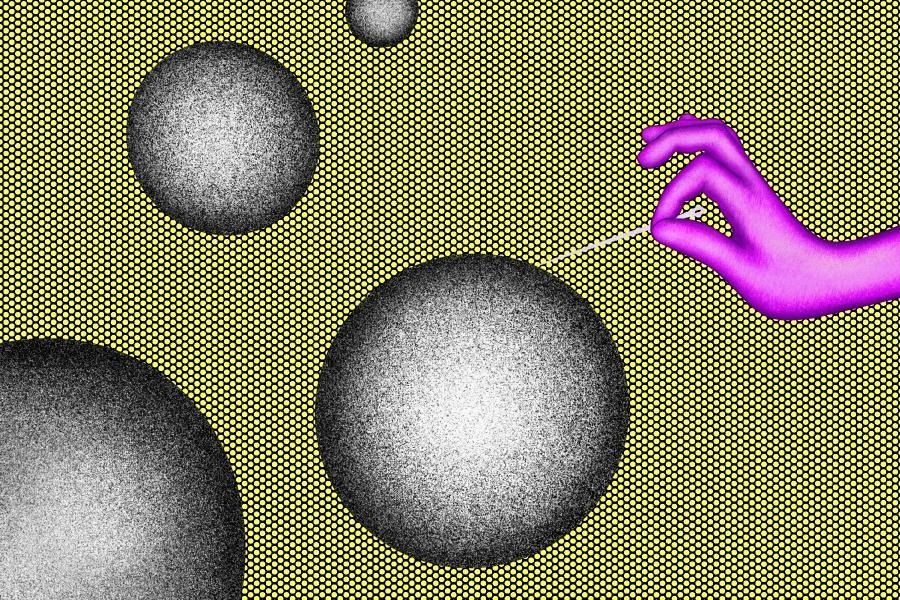


Have you ever felt like you’re going around in circles on the web like a hamster in its wheel, reading or seeing the same thing over and over again? This phenomenon has a name: filter bubbles. We explain why and how to burst them.
Too much cat, kill the cat?

Invented by activist Eli Pariser, the concept of filter bubbles refers to the “intellectual isolation” experienced by Internet users.
Guillaume Chaslot, the founder of AlgoTransparency, illustrated in Better Web “Algorithmic lock-in is when you start watching a certain type of content, for example a cat video. The algorithm thinks: “he must really like cats, so I’m going to recommend another cat video”… And eventually, the algorithm ends up valuing that content over everything else.”
Who is to blame?
The first responsible for this slew of felines is therefore the algorithms, or rather the way they are designed.
“There is a clearly mercantile purpose behind this. The business model of platforms is to maximize the time you spend on them or on social networks, explained Olivier Babeau, co-founder of the think tank Institut Sapiens. By maximizing this time, we can offer you advertising, and also get to know you better, so better exploit you. This is the famous ‘available human brain time’ that Patrick Le Lay of TF1 was talking about.”
According to him, human rifts are exploited until the technologies supposed to be our servants “become our masters” – yes, yes, like in The Matrix. We have a natural tendency to want to confirm our biases. “If you don’t want to know what others think, it’s not just because of the Internet,” Xavier de La Porte told France Inter. New technologies are not entirely responsible for our propensity to stay within the same ideals.”
The Big Bad Bubbles
When they are harmless, there is nothing wrong with wallowing in splashing in its filter bubbles. Diam’s even made an album of it in the past. In other areas, the fact that they overshadow everything else can quickly become problematic. During the last US presidential campaign, the potential role of social networks was particularly pointed out. Bubbles seemed to have formed around groups of Internet users, obscuring part of the campaign for them. For example, many believed that Hillary Clinton would necessarily be elected in 2016… The news of the election of his competitor, as you can imagine, was all the more difficult to accept.
Although there is a lack of precise figures on this subject, the question of indoctrination has always been at the heart of concerns. Eli Pariser wrote in Time “You indoctrinate yourself with your own opinions. You don’t realize that what you see is only part of the picture. And this has consequences for democracy: to be a good citizen, you must be able to put yourself in the shoes of others and have an overview. If everything you see is rooted in your own identity, it becomes difficult, if not impossible. Some go so far as to question the value of the vote.

Burst bubbles
Fortunately, the Internet has the advantage of offering a multitude of sources of information. Instead of buying and reading only one newspaper, you can browse sites with very diverse opinions… And therefore, burst the filter bubbles a little. On social networks, you will find accounts that are full of opinions contrary to yours. Tools like Their Tube will take you for a moment into other bubbles.
We also advise you to use platforms and sites that collect and use your personal data as little as possible. The content that will be offered to you will be less personalized. At first, it may seem a little disconcerting, but if it allows access to the wonderful world of dog videos… The game is well worth the candle (an overview is available via this link to prove it to you).
You can finally play with the “private browsing” mode of your browser to visit your favorite social networks or streaming sites. With this mode, you are logged out of your accounts, and cookies and other trackers that can be used by your browser or search engines (not Qwant!) are left at the door. Good trip!